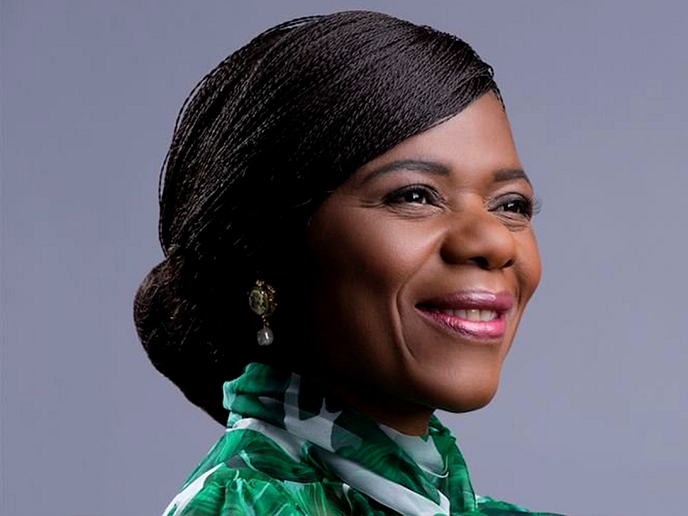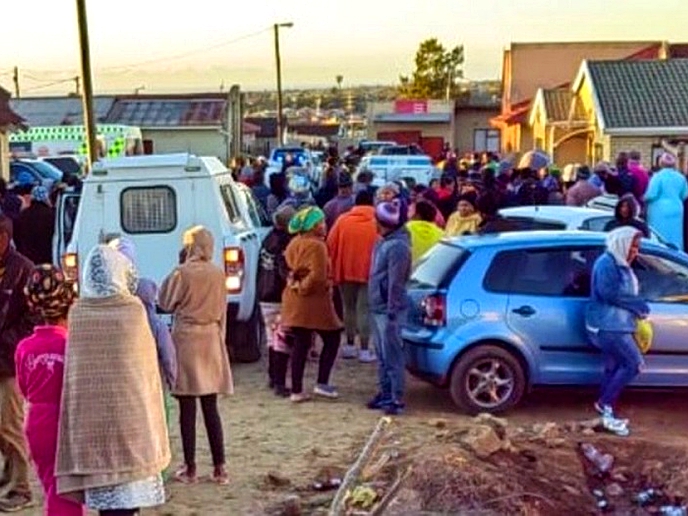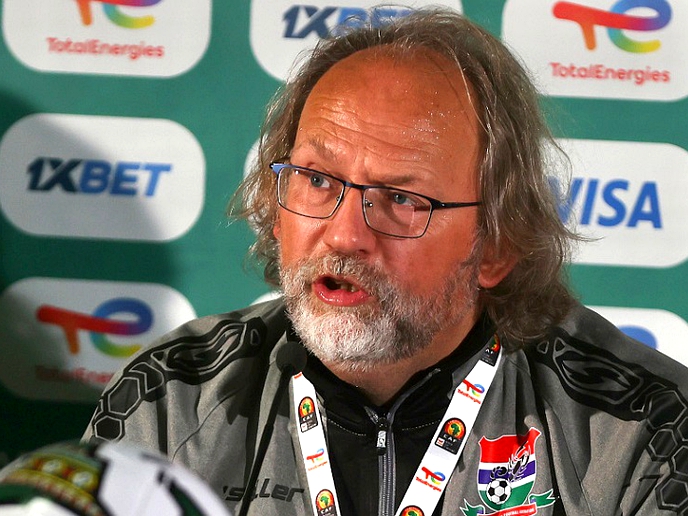ALL over South Africa there are talented people who want nothing to do with the government, and the ANC government has willingly discarded some of its best.
africa
Jan. 16, 2022
OWN CORRESPONDENT
11 min read
How fast will the ANC fall when Ramaphosa goes?
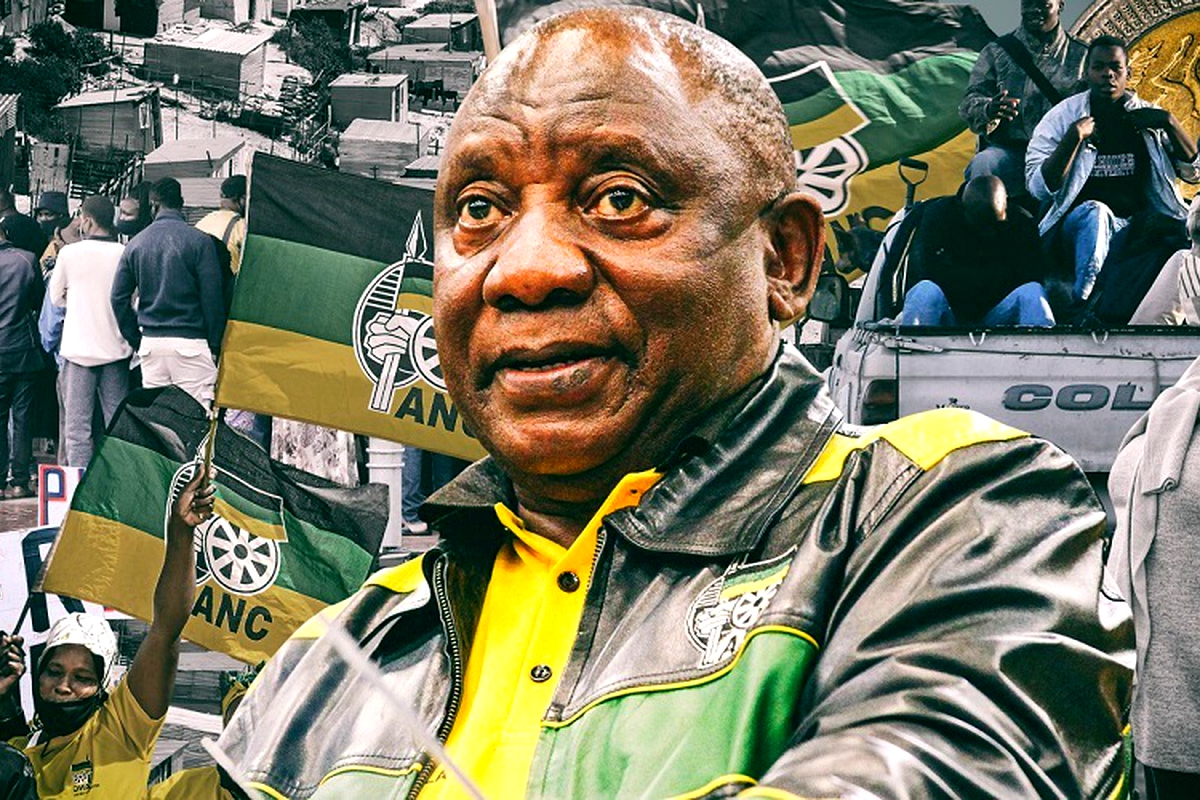
ANC leader and SA President, Cyril Ramaphosa
Story highlights
At the start of Ramaphoria, when the new president announced a “New Dawn”, he encouraged us to make the mental link to former US President Franklin Roosevelt’s inspiring New Deal, which relentlessly pursued economic and social reform in the 1930s.
President Cyril Ramaphosa took well-intentioned steps, but the pace is too slow and hesitant to show visible results. The New Dawn is not the New Deal. The ANC continues to lose the support of the cities and seems to be losing the universities and intellectual innovators too.
The party’s vaunted capacity to self-correct has been hard to find. The ANC has a policy that “no cadre be deployed without proper training, qualifications and preparation for the role”. That is not evident on the ground.
In his first three years, Ramaphosa has had three communications ministers. Anyone who has worked in government knows that such rapid change ensures stagnation — or worse. Each new minister takes time to learn the rudiments, change staff and decide on priorities. Meanwhile, the requirement to make speeches, attend Luthuli House meetings and do other political work does not abate.
The current minister has repeated her predecessors’ promises to complete the job-creating digital migration process that is now seven years behind the 2015 International Telecommunications Union deadline — and behind most of Africa. Perhaps it will be completed this year.
We have lost valuable time.
The problems of digitisation increasingly require the input of multiple departments, yet the Cabinet operates in strict silos. Increasingly, we need policy that cross-cuts between departments that currently guard their autonomy jealously.
Even an expert, stable government will find South Africa a hard country to govern. Bloody hard. It’s not a job for the greedy or the lazy or the incompetent or the uncommitted.
The best political leaders know they will fail, at least in part, because solving 300 years of colonialism and apartheid cannot be done in a single term of office or career.
And yet we allow much of our best talent to leave government service prematurely. A few insiders criticised my recommendation in my book, Cyril’s Choices, An Agenda for Reform, that we bring back Thuli Madonsela into prosecuting and Prof Jonathan Jansen back into administering education. I was told they were too controversial.
But does anyone doubt that Madonsela knows how to prosecute South Africa’s biggest crooks? Or that Jansen knows how to fix a school system? If Jansen was too controversial to be education minister or even director-general, why not empower him to fix the Eastern Cape education department?
Since then, new waste has occurred. Athol Williams, whose CV includes one of the most sensational educational records I have ever seen (a Wits degree in engineering followed by five master’s degrees — from Harvard, Oxford, MIT, London Business School and the London School of Economics), is in exile. Of course he’s controversial, now.
Institutional knowledge should be welcomed, yet Ivan Pillay, Johann van Loggerenberg, Pete Richer and Yolisa Pikie are some of the dedicated former civil servants from SARS struggling to find work.
Constitutional Court justices appointed in their early 40s retire in their prime. Is there no senior job for them in the justice ministry or law enforcement? The same applies to some ambassadors and university professors who retire on age mandates.
South Africa needs a pipeline of expertise.
Some are discarded because they are controversial; others because they are considered to have got their share. It’s another cadre’s turn. That is the insidious damage of cadre deployment — even when the system intends to be “fair”, it is not applying appropriate skills criteria.
To succeed in the modern world, South Africa needs to build pipelines of excellence — but deployment often leaves you out in the cold after a plum job.
By contrast to the loss of skills and institutional memory, in political jobs you can go on forever. Chairs of parliamentary committees have been ministers in multiple ministries. The skills they may have acquired are not specialised. Perhaps that explains why, two years after beginning to repair Eskom, a statement said the government had thought the problem was just “governance”, only to realise it was also “operational”.
Failure to build a pipeline of institutional expertise is a major reason why the ANC is on life support. It could die.
It was controversial people who brought the ANC back from near death before. The long-buried diary of Ralph Bunche, a brilliant African-American and later Nobel Peace Prize winner who attended the ANC’s silver jubilee congress in Bloemfontein in 1937, reveals how far the ANC fell in the 25 years since its inspirational founding in 1912.
Pixley ka Isaka Seme, probably the most important founder of the ANC, was party president in 1937, but both Seme and the ANC had fallen on hard times.
A graduate of the universities of Oxford and Columbia and winner of Columbia University’s highest award for oratory in 1906, Seme cut a sad figure to Bunche. The damage from land dispossession under the 1913 Land Act, followed by the depression, was pervasive. By 1932, the turn-of-the-century renaissance of black newspapers, black politics and black business had been snuffed out.
Presiding in a top hat, white spats, frock coat and morning trousers, Bunche said Seme’s renowned oratorical skills were reduced to “a hesitant style of speech without force or personality”. The first day of congress was “entirely devoid of any serious considerations” and, on the second, organisers “fiddled around trying to cook up a program” until Bloemfontein’s white mayor and several other white officials spoke.
Bunche’s respect was reserved for the women. “On the whole, they make a better appearance and speak more intelligently than the men at the congress,” Bunche noted.
The achievements of the Mandela generation need to be seen in this context. This was the ANC inherited by Walter Sisulu, Anton Lembede, Mandela, Oliver Tambo and others. Current Mandela critics would do well to contemplate the heights that generation brought the ANC to in 1994, in light of where they started.
Today’s ANC is sustained by the patronage of power, not dynamic policy debate.
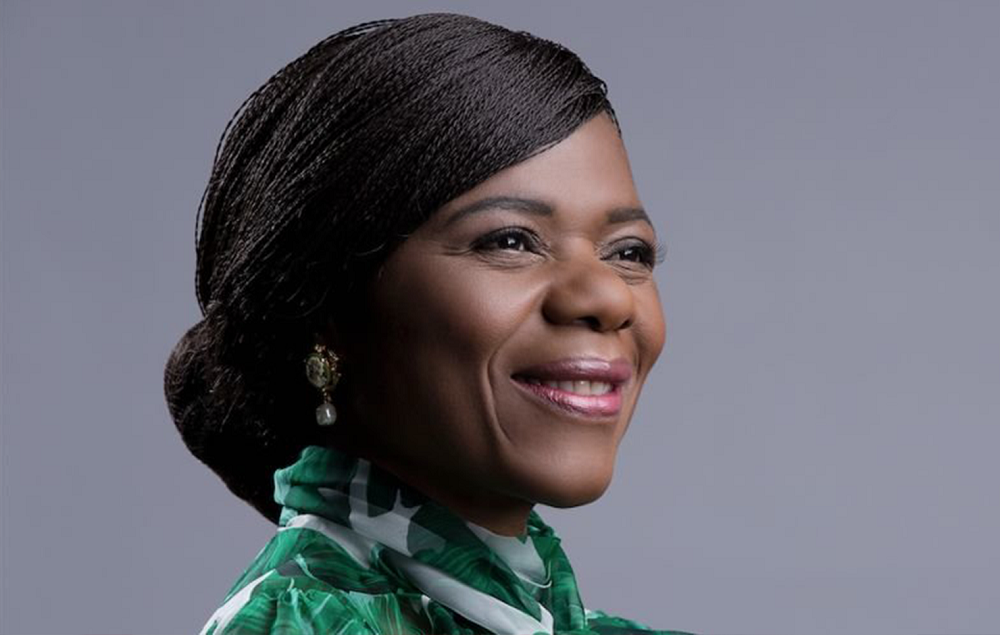
Former SA Public Protector, Advocate Thuli Madonsela
Enjoy our daily newsletter from today
Access exclusive newsletters, along with previews of new media releases.
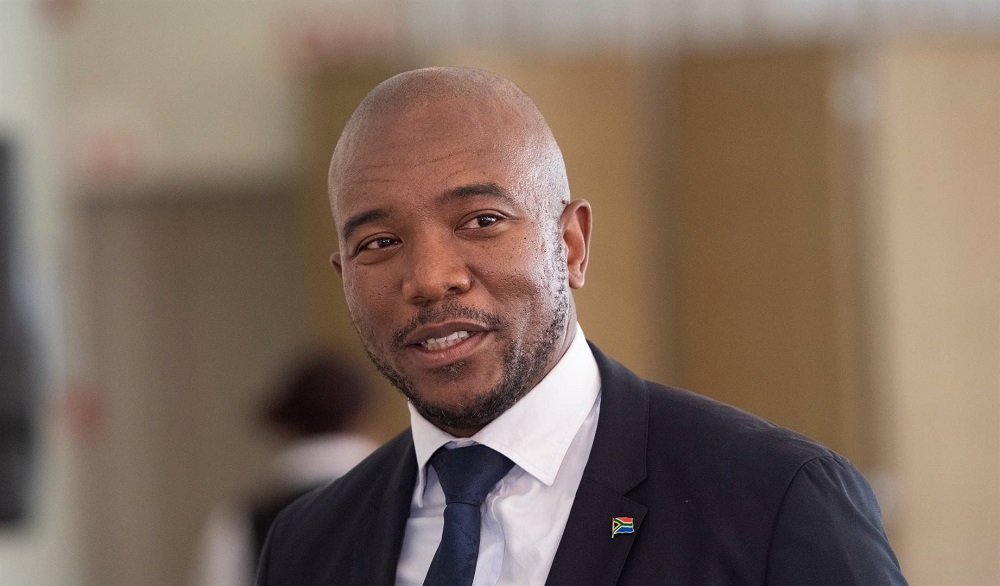
Former DA leader, Mmusi Maimane
If the ANC’s mistake was to be found in the revolving door of cadre deployment, the DA’s was to try to move too fast. DA leaders deserve credit for willingly giving up leadership, but it may be that it too failed to adequately build a pipeline.
Fast-tracking leaders would be better served in jobs at local and provincial levels before taking the hot seat of Leader of the Opposition or, perhaps, Johannesburg mayor. Mmusi Maimane might have been better prepared had he spent five years as a Western Cape MEC, even if that bruised some provincial egos, and saved him from a rash decision that could keep a talented man out of government for life.
Between now and the next election, the DA’s best chance to prove itself outside the Western Cape may be in Tshwane, the only metro where it does not depend on the whims of the EFF. It’s worth pouring in resources to help to show a city that can work outside the Western Cape. If it provides improved service delivery, its vote will consolidate.
The ANC is on the back foot, but remains the heavyweight of South African politics. It is likely to poll close to the 50% threshold in 2024 — enough to take a party or two into coalition, if necessary, without significantly changing its modus operandi.
But to truly turn South Africa around, whoever wants to govern needs to show they know how to create jobs.
Of all the crises facing South Africa, I start with jobs. Not because education or health or basic grants or crime are less important, but because jobs are the shortest route to taking care of the others.
Without more jobs, we can’t increase social grants. We can’t pay for more healthcare. And, since our education crisis is not primarily a problem of underfunding, more jobs and growth and specialisation are the next best thing to force the system to improve, even if it has to be piecemeal.
Even law enforcement will come under more pressure — people with jobs don’t have the incentive to steal, and exert pressure for better protection.
The three relevant global economic sector trends of the past 30 years remain some of the lowest-hanging fruit. It would have been much better if we had acted in time with each, but they still contain substantial job opportunities that we can’t afford to ignore.
The Information Economy of the 1990s lost ground because of a set of errors that continue to the present, with digital migration urgently needed to free up spectrum for faster, cheaper broadband, including 5G.
But the government has again latched on to a fad that is not what it seems — the Fourth Industrial Revolution. In his inaugural address, Ramaphosa said: “We must embrace and use the Fourth Industrial Revolution to develop Africa and create jobs for the youth and empower the women of our continent.”
However, Prof Tshilidzi Marwala, who chaired the president’s 4IR commission, told me in an interview that it’s the opposite. “4IR is going to worsen the job market. Paying attention to it will allow us to contain the job bloodbath.”
South Africa’s potential for mining and green energy are increasingly linked. Like the booms in Information and Resources, South Africa has mishandled, even squandered, the green energy opportunity.
It requires political will to implement a just transition — which won’t be easy — but there is no other option. The green energy boom is coming, whatever anyone or any political party thinks about the causes of climate change.
Our mining potential will be increasingly limited by new restrictions on carbon emissions. Pressure to stop mining coal will increase. But South Africa has minerals needed for the green economy, including manganese and rare earths. China has already locked up Zimbabwe’s lithium supply.
South Africans need to see short-term wins; to see a state-owned enterprise fixed, for example, or significant job creation. But for the longer term, South Africa needs major reform.
It needs economic reform because the government has developed two kinds of relationships with business — cronyism and contempt. Both are unhealthy, even dangerous.
It needs political reform because when you look at politics, you don’t see a Cabinet leading the South Africa of the 21st century, an age where mistakes are more costly than in the past.
It needs some form of legal or constitutional reform because its accountability system is ineffective. The case is staring us in the face — we have more than 10,000 service delivery protests a year, yet elected representatives are invisible.
Every citizen with a service delivery problem should know the names of their MP, MPC and ward councillor, people who should be deeply engaged in solving those problems. That is the most basic element in the way democracies are supposed to work. A protest march is a sign that elected leaders have failed — not something to gloss over just because it’s a credit to our culture of free speech.
And South Africa needs to reform its civil service.
Obviously, cadre deployment must go. But this must lead to bigger reforms. Nedlac — where business, government, labour and civil society are meant to work out their problems — is being criticised by many who attend it. It’s a legacy of the 1990s that may no longer be fit for purpose.
Does our foreign policy represent our interests? Is our relationship with China helping us as much as it helps China? If not, it’s our fault, not China’s. Do we set the agenda or receive the agenda? You can’t blame other countries for setting theirs.
When politicians fail to meet the moment, civil society must assert itself. That is a South African strength. Government is too important to be left to politicians. Parties can fail. So can governments.
I spent 19 months in Afghanistan in senior positions in the United Nations working for a better future there. Six months ago, I saw the country I had come to love disintegrate. Ninety percent of Afghans are now hungry. These things can happen. We can stop them from happening here. DM
Tailored for you



